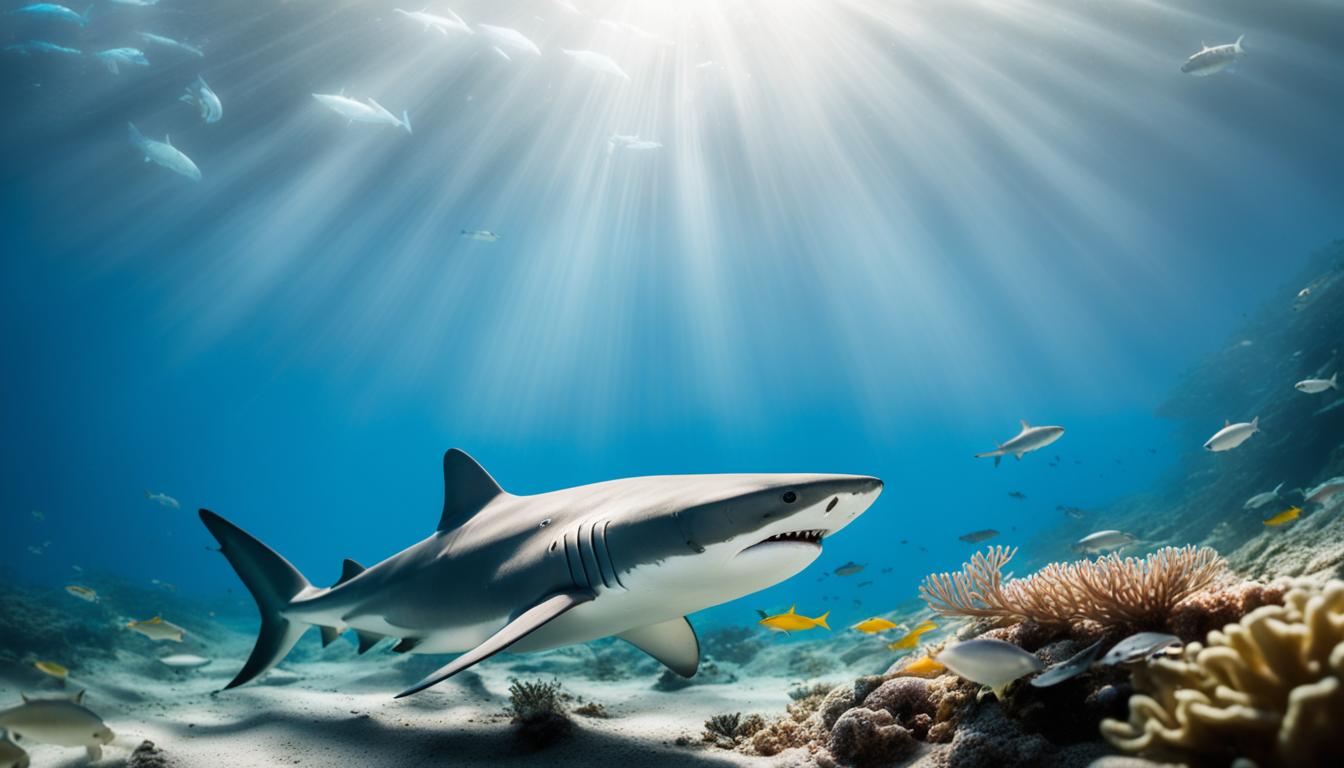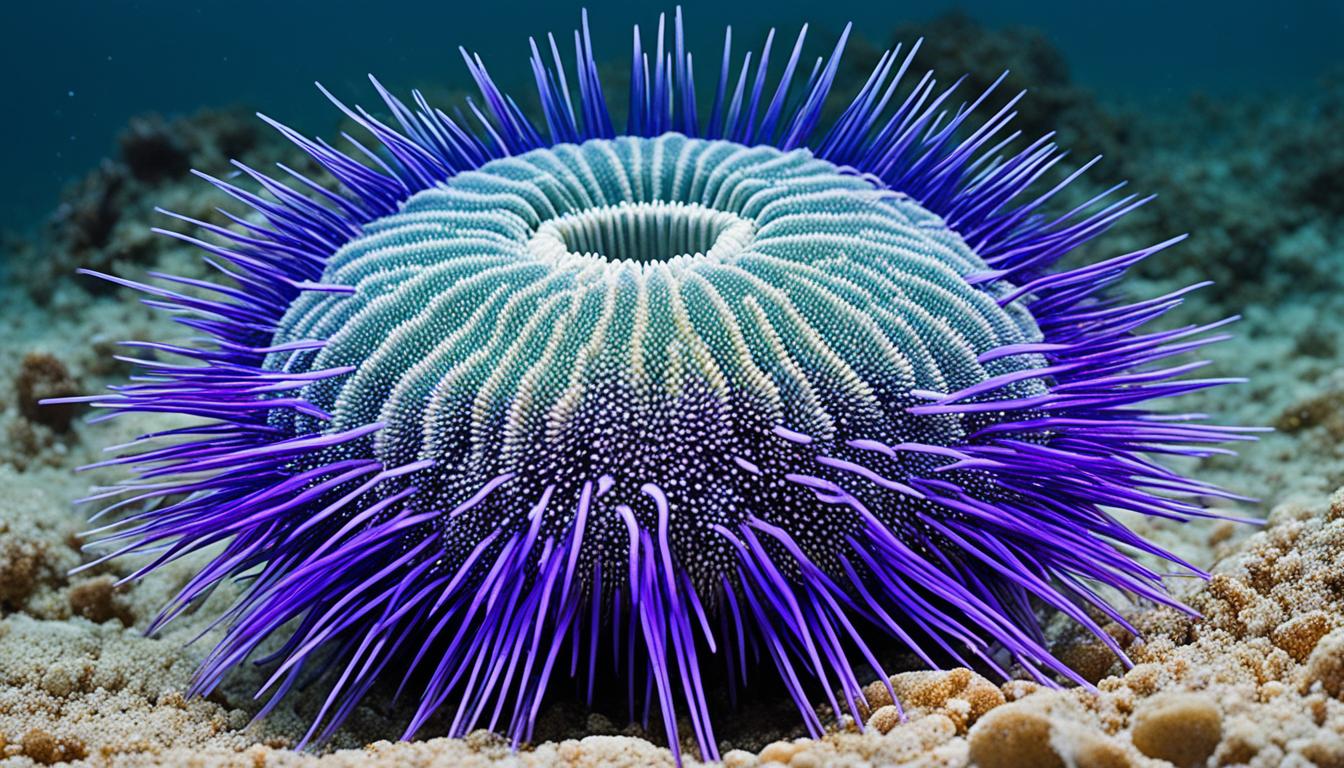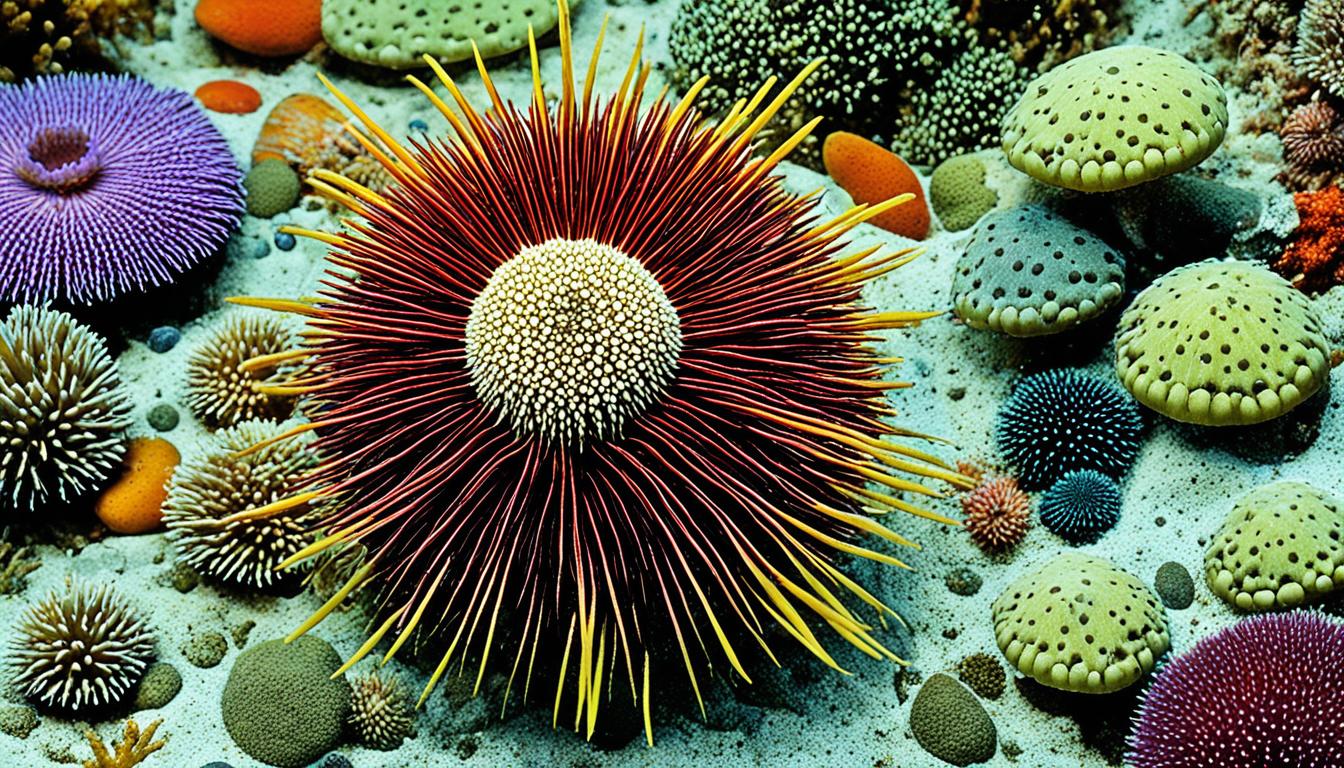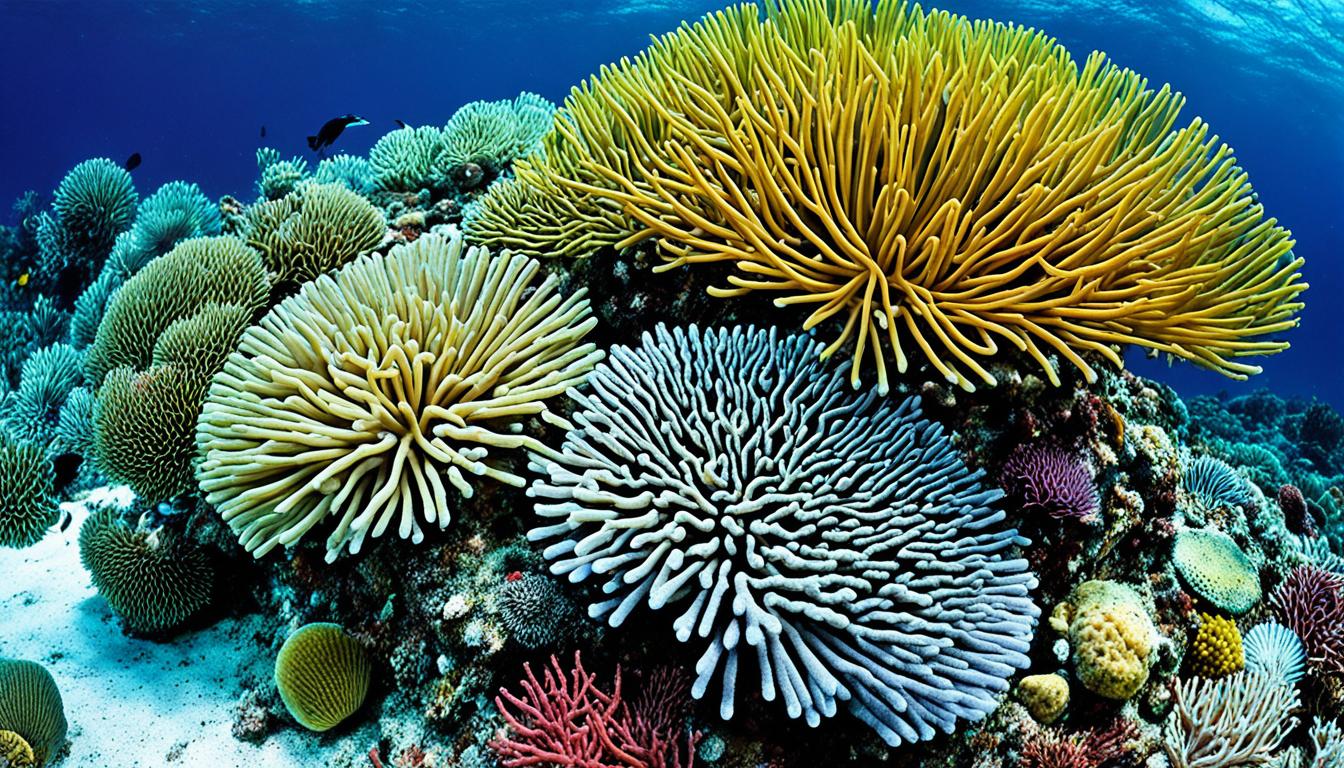Have you ever wondered how sharks sleep? These top predators have unique ways to rest that go beyond what we think. They don’t sleep like humans do, which makes their habits intriguing. Let’s dive into how sharks manage to rest while staying safe and getting enough oxygen.
Sharks have evolved to balance their need for rest with their instinct to avoid predators. They have developed special ways to sleep that help them survive in the ocean. Join us as we explore the secrets behind these amazing creatures and their sleep habits.
Understanding Shark Sleep Patterns
Sharks sleep in ways that are not easy to see. They don’t sleep like humans do, thanks to their life in the water. To understand shark sleep, we look at their behaviors that show they are resting, even when they seem awake.
Defining Sleep in the Marine World
In the ocean, sharks sleep in different ways. They don’t sleep like humans, but they do rest. Some sharks slow down, while others keep swimming, but one half of their brain rests. This shows how they adapt to their ocean home.
The Importance of Sleep for Healthy Functioning
Sleep is key for sharks to stay healthy. It helps them remember things, manage their energy, and keep their bodies working right. Studies show that sharks sleep patterns are important for their survival and growth. By studying these patterns, scientists learn more about sleep in all living things.
| Species | Sleep Pattern | Behavior During Rest | Importance of Sleep |
|---|---|---|---|
| Great White Shark | Unihemispheric sleep | Swims slowly, one eye closed | Cognitive recovery, energy conservation |
| Hammerhead Shark | Partial resting | Idle in water column | Memory consolidation, maintaining social bonds |
| Thresher Shark | Cyclic motion sleep | Increased fin movements | Predator evasion, physiological rest |
How Do Sharks Sleep?
Sharks have unique ways of sleeping that show how they adapt to their environment. Each shark type, like the great white and nurse sharks, has its own way of resting. These methods help them stay alive while they sleep.
Different Sleep Mechanisms in Various Shark Species
Do sharks sleep? It depends on the type of shark. Great white sharks often swim up and down in the water to breathe while they rest. Nurse sharks, on the other hand, can sleep still on the ocean floor. They have special ways to keep getting oxygen while they rest.
Understanding the Role of Spiracles for Respiration
Spiracles are important for some sharks to breathe when they’re not moving. These special openings behind their eyes help push water over their gills. This is really helpful for sharks like the nurse shark, which can sleep still on the ocean floor and still get enough oxygen. These unique features show how sharks can rest without having trouble breathing.
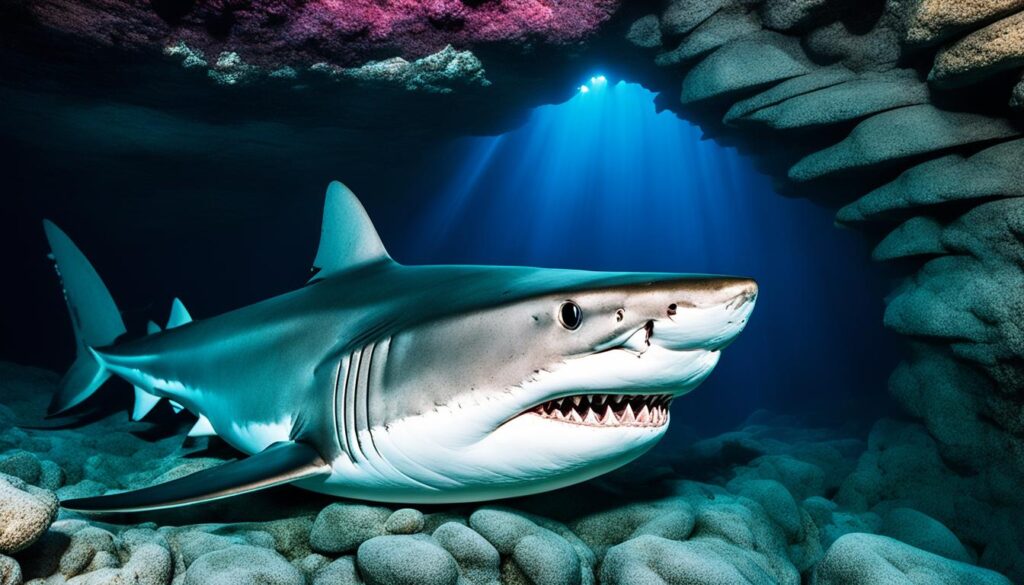
Shark Sleeping Habits and Resting Behavior
Sharks have amazing ways of sleeping and resting in the ocean. They adjust to their ocean home in unique ways. Learning about their sleep habits shows how they save energy while still being predators.
The Impact of Swimming on Shark Sleep
Swimming greatly affects shark sleep. Sharks need to keep swimming to breathe, which makes sleeping hard. Some sharks can rest while swimming, keeping their breathing going. This way, they sleep a bit without risking their lives.
Behavioral Adaptations in Sharks
Sharks also have special ways of resting. They find quiet places like reef crevices or caves to rest. In these spots, they can slow down and rest without using much energy. These habits show how sharks manage to rest while still being predators.
Where Do Sharks Sleep in the Ocean?
Sharks have unique places where they rest, showing their survival skills. Each shark type has its own favorite spot for sleep, which helps them stay safe. These spots vary greatly, showing how sharks adapt to their environment to rest.
Preferred Sleeping Environments of Different Shark Species
Sharks sleep in different places, shaped by where they live and their surroundings. Some key places they like to rest include:
- Ocean Floors: Many sharks like to rest on the ocean floor. They blend in with the sea life. For example, Nurse Sharks hide in coral and rocks.
- Coral Reefs: Coral reefs are full of life and offer protection. Sharks like reef sharks hide in the reef’s nooks to avoid predators.
- Warmer Waters: Some sharks prefer warmer waters. These areas are rich in food, helping sharks recover their energy.
The Role of Habitat in Shark Resting Behavior
The place where sharks sleep greatly affects how they rest. Many things about their environment influence their sleep habits:
- Safety from Predation: Sharks sleep in safe spots to avoid being eaten. For instance, near reefs, they’re safer from big predators.
- Availability of Resources: Sharks need food to rest well. Places with lots of food help them recover energy, especially for those that swim far.
- Water Temperature: Sharks prefer water that’s just right for resting. This keeps their metabolism steady and helps them relax better.
Looking at different sharks and where they like to sleep shows us how they rest safely in the ocean.
| Shark Species | Preferred Habitat | Sleeping Behavior |
|---|---|---|
| Nurse Shark | Ocean Floors | Rest in sandy or coral areas, sometimes in groups. |
| Reef Shark | Coral Reefs | Utilizes crevices for protection while resting. |
| Great White Shark | Open Water and Coastal Regions | Slow swims with periods of rest near the surface. |
| Hammerhead Shark | Tropical and Subtropical Waters | May rest in deeper areas or shallow waters. |
Nocturnal Activities of Sharks
Sharks are more active at night than you might think. As the sun sets, many species wake up, using the darkness to their advantage. They hunt and interact with each other, playing a key role in the ocean’s ecosystem. The night brings a new side to these amazing predators.
Sharks hunt at night with a clever strategy. They use the cover of darkness to surprise their prey, which feels safe in the daylight. Sharks have special senses like the ampullae of Lorenzini and a strong sense of smell. These help them find even the slightest movements and smells under the moonlight. This shows how well sharks have adapted to their ocean home.
Sharks’ night activities are vital for their survival. They show us how complex their lives are, not just as hunters but as important parts of the ocean’s balance. By learning about their hunting habits, we see how sharks are key to the ocean’s health.

